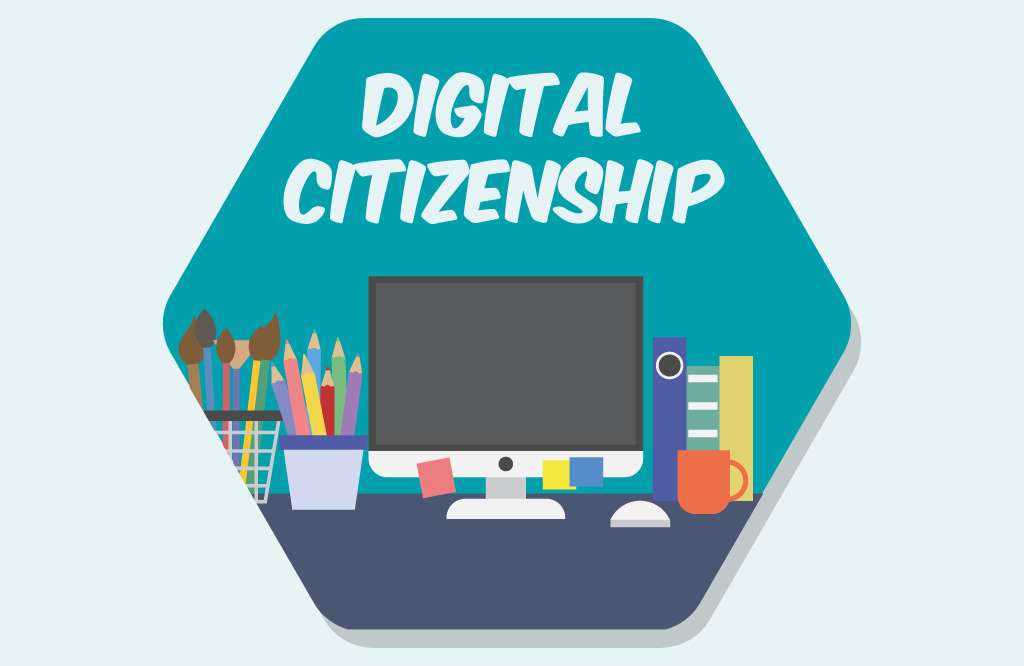In an increasingly digital world, fostering responsible technology use among students has never been more essential. Digital citizenship encompasses the skills, knowledge, and ethical behavior required to use technology responsibly and safely. Schools play a crucial role in teaching students how to navigate the digital landscape thoughtfully and respectfully, preparing them for a digitally interconnected society.
What is Digital Citizenship?

Digital citizenship refers to the responsible use of technology and understanding its social implications. It includes online etiquette, digital literacy, awareness of digital security, and an appreciation of the consequences that actions in the digital world can have on real lives. Educators emphasize values such as respect, integrity, and empathy when teaching digital citizenship.
Importance of Teaching Digital Citizenship
With the prevalence of social media, online learning platforms, and digital communication tools, teaching digital citizenship is paramount. It helps students avoid potential online threats like cyberbullying, privacy breaches, identity theft, and misinformation. Additionally, digital citizenship education empowers students to become critical thinkers, responsible participants, and ethical contributors to digital communities.
Core Elements of Digital Citizenship
Schools and educators typically focus on several key elements knowledge:
- Digital Etiquette: Teaching students about appropriate online behavior, including respectful communication and interactions.
- Digital Literacy: Equipping students with skills to discern credible information, identify misinformation, and use digital tools effectively.
- Digital Security: Educating students on protecting personal information, managing strong passwords, and recognizing phishing scams.
- Digital Rights and Responsibilities: Understanding the rights of digital citizens, including privacy, freedom of speech, and the responsibilities tied to these rights.
- Digital Health and Wellness: Promoting balanced technology use to prevent issues such as screen addiction, eye strain, and mental health challenges.
Strategies for Teaching Digital Citizenship in Schools
Implementing effective strategies helps cultivate responsible digital habits:
Firstly, integrating digital citizenship into the curriculum ensures continuous reinforcement of responsible online behavior. Teachers can include case studies, discussions, and role-playing scenarios that address real-life digital challenges.
Secondly, providing professional development for educators is essential. Teachers should be knowledgeable about digital trends, cybersecurity, and online safety to guide students appropriately.
Thirdly, parental involvement strengthens the impact of digital citizenship education. Schools should communicate clearly with parents, offering workshops and resources to extend responsible tech use beyond the classroom.
Fourthly, schools should encourage peer mentoring and student leadership programs focused on digital citizenship. Students teaching students can significantly enhance peer accountability and foster a positive digital culture.
Lastly, consistent policies and clear expectations regarding digital behavior in schools create an environment where responsible tech use is the norm. School policies should explicitly outline acceptable and unacceptable behaviors, ensuring consequences are fair and understood.
Benefits of Effective Digital Citizenship Programs
Schools successfully teaching digital citizenship notice numerous benefits, including improved student safety online, a decrease in cyberbullying incidents, increased student awareness of online privacy, and enhanced digital literacy skills. Additionally, students become more empathetic and responsible in their interactions, building healthier online communities.
Challenges and Solutions
Despite the clear benefits, schools may face challenges such as rapidly changing technology trends and varying levels of digital skills among students and teachers. Solutions include ongoing training, adaptive learning resources, and continuously updated curricula reflecting technological advancements.
Conclusion
Teaching digital citizenship is vital for preparing students for responsible technology use in the modern world. Through consistent education, collaboration with families, and clear policies, schools can empower students to become thoughtful, responsible digital citizens capable of positively contributing to our digital society.
Discover heartwarming stories, amazing recipes, and lifestyle tips at Blessed Beyond Words – your go-to source for food and general insights! – https://blessedbeyondwords.com



